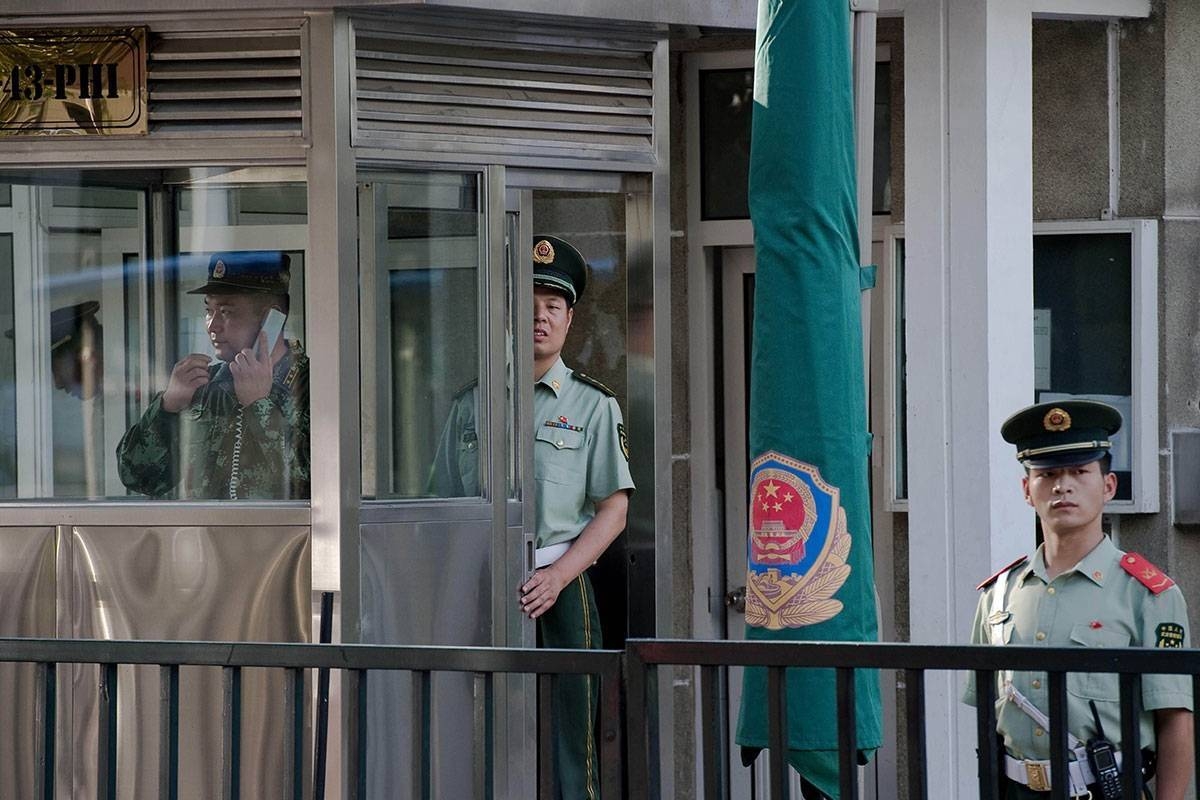Philippines Rejects Chinese Proposal on Ayungin Shoal
The Department of Foreign Affairs (DFA) in the Philippines has officially stated that no high-ranking official from the Marcos administration has agreed to any Chinese proposal regarding the Ayungin Shoal in the West Philippine Sea. The DFA emphasized that only the President of the Republic of the Philippines has the authority to approve or authorize agreements related to the West Philippine Sea and the South China Sea.
This confirmation comes in response to claims made by the Chinese embassy in Manila, asserting that Philippine military officials had agreed to a “new model” of arrangement for managing the Ayungin Shoal to avoid conflicts. However, the DFA categorically denies the existence of any document, record, or deal as purported by the Chinese embassy.
The DFA further reiterated the Philippines’ firm position that it has not entered into any agreement that would compromise its sovereign rights and jurisdiction over its exclusive economic zone and continental shelf, including the Ayungin Shoal. It emphasized that any agreements or arrangements of such importance would require authorization at the highest level of government.
Both the Secretary of National Defense and the National Security Adviser have denied the existence of any informal arrangements regarding the Ayungin Shoal, which exposes the falsehood of China’s narrative. The DFA called on China to refrain from disseminating disinformation or insinuations against Philippine officials, as these actions only serve to confuse the Filipino public and divert attention from the real issues caused by China’s baseless claims and illegal actions in Philippine waters.
Despite these challenges, the Philippines remains committed to seeking ways to reduce tensions with China through established diplomatic channels. The DFA urged China to seriously consider the Philippines’ invitation to convene the next meeting of the bilateral consultation mechanism on the South China Sea as soon as possible.
The Importance of Sovereignty and Jurisdiction
Sovereignty and jurisdiction over territorial waters and exclusive economic zones are critical issues for coastal nations, including the Philippines. The Ayungin Shoal, also known as Second Thomas Shoal, is a disputed area in the West Philippine Sea. It is located approximately 105 nautical miles from Palawan, well within the Philippines’ exclusive economic zone.
China’s territorial claims in the South China Sea, which include the Ayungin Shoal, have been a subject of contention between the two countries for years. The Philippines has consistently asserted its sovereign rights and jurisdiction over this area, as recognized by international law, particularly the United Nations Convention on the Law of the Sea (UNCLOS).
UNCLOS provides a legal framework for the rights and responsibilities of nations in their use and protection of the world’s oceans. It establishes the exclusive economic zone, which grants coastal states certain rights over the exploration and exploitation of natural resources within 200 nautical miles from their baselines.
The Ayungin Shoal falls within the Philippines’ exclusive economic zone, and as such, the Philippines has the exclusive right to explore and exploit its natural resources. Any attempts by other countries, including China, to infringe upon these rights are a violation of international law.
The Need for Diplomatic Resolution
Given the complexity of the territorial disputes in the South China Sea, it is crucial for countries involved to pursue diplomatic solutions. The Philippines has consistently sought peaceful means to address the tensions with China and has expressed its willingness to engage in dialogue through established mechanisms.
The bilateral consultation mechanism on the South China Sea, which was established in 2016, provides a platform for both countries to discuss and manage their differences. It serves as a venue for open and constructive dialogue, aimed at finding common ground and promoting regional stability.
The Philippines has extended an invitation to China to convene the next meeting of this mechanism, emphasizing its commitment to resolving disputes through peaceful means. By engaging in dialogue, both countries can better understand each other’s perspectives and work towards mutually beneficial solutions.
It is crucial for China to consider this invitation favorably and demonstrate its commitment to managing differences at sea in a peaceful and diplomatic manner. By doing so, China can contribute to regional stability and foster trust among its neighboring countries.
Conclusion
The Philippines’ rejection of the Chinese proposal regarding the Ayungin Shoal underscores its commitment to upholding its sovereign rights and jurisdiction over its exclusive economic zone. The DFA’s statement clarifies that no high-ranking official from the Marcos administration has agreed to any Chinese proposal, and only the President of the Philippines has the authority to approve or authorize agreements related to the West Philippine Sea and the South China Sea.
The Philippines remains steadfast in seeking diplomatic solutions to reduce tensions with China, and it urges China to consider the invitation to convene the next meeting of the bilateral consultation mechanism on the South China Sea. By engaging in open and constructive dialogue, both countries can work towards resolving their differences and promoting regional stability.
It is essential for all parties involved to respect international law, particularly UNCLOS, and to refrain from actions that escalate tensions or undermine the rights of coastal states. By adhering to established principles and engaging in diplomatic efforts, a peaceful and mutually beneficial resolution to the territorial disputes in the South China Sea can be achieved.
Source: The Manila Times








